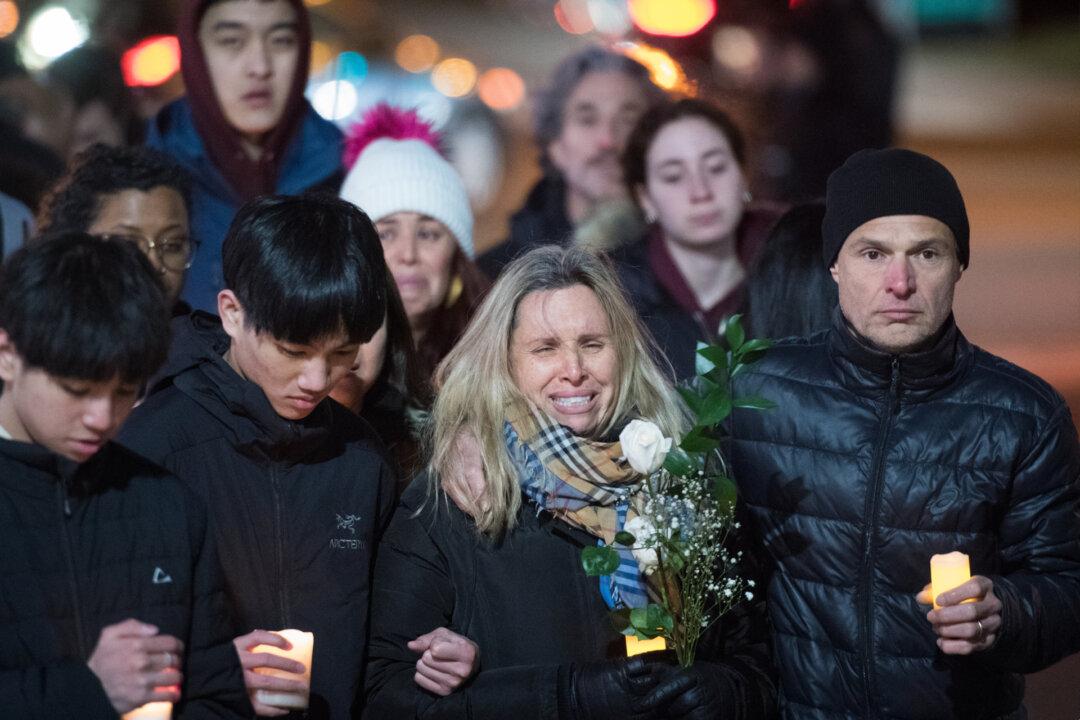Canadians have been falling victim to unprovoked attacks by strangers with increasing frequency—in the middle of the day, in stores, or walking down the street. A man in London, Ont., was even stabbed while sitting in his car waiting for a train to pass.
Some say Canada’s growing drug problem is to blame, with drug-induced psychosis sending addicts on violent rampages. Others say the problem is a lax criminal justice system that allows the most violent to repeatedly offend.





